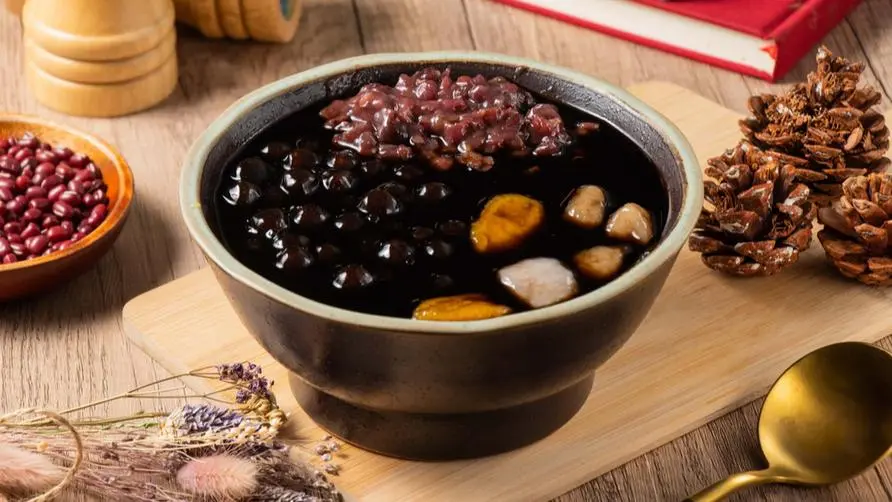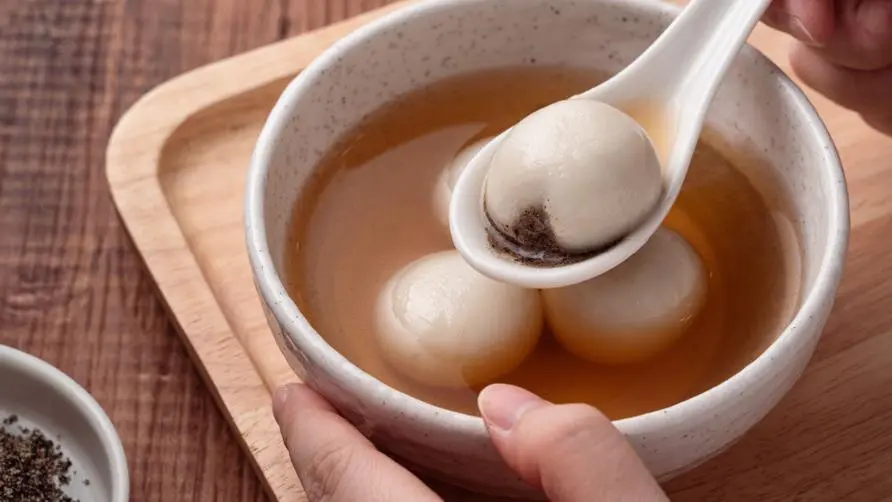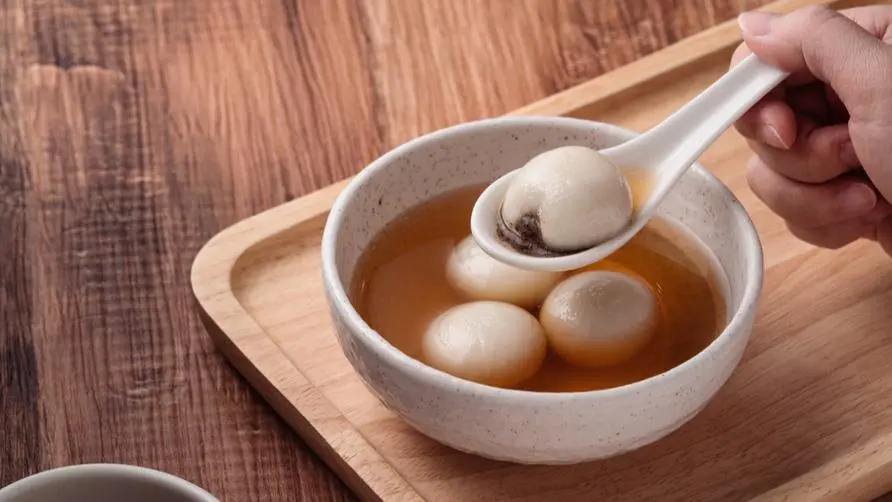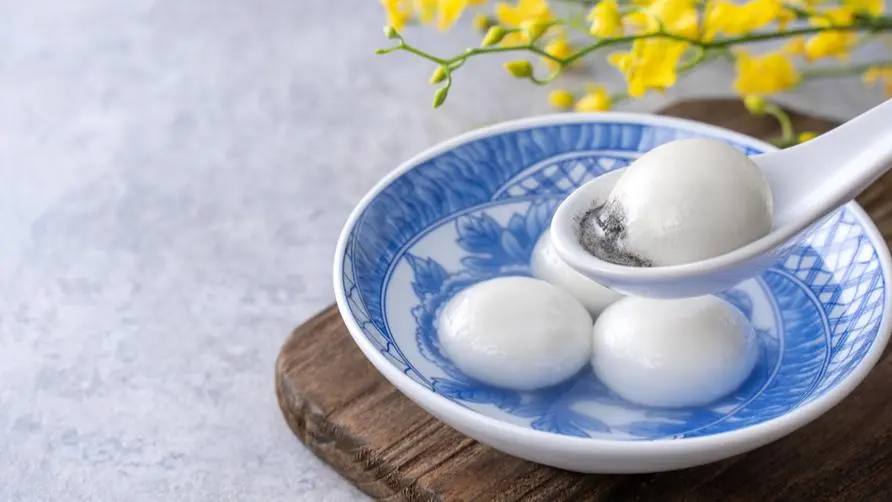Is the sweet soup as caloric as half-sugar milk? Nutritionist reveals the fattest item: adding ingredients equals "a complete meal"

Is the hot sweet soup as caloric as half-sugar milk? Nutritionist reveals the fattest items
In winter, people who have a sweet tooth will warm themselves up by drinking hot sweet soup. However, just like drinking hand-shaken drinks in summer, the high calories of sweet soup will still cause a “sweet burden” on the body. Dietitian Gao Minmin reminded the public on social media that sweet soups add a lot of refined sugar and may also use starch to thicken the soup to create a thick taste. The calories are not lost to a cup of half-sugar milk (about 400-700 calories). ; If you add extra ingredients such as pearls, taro garden, rice cakes, etc., it will even exceed 700 calories, which is equivalent to eating the calories of a meal.
Nutritionist Gao Minmin further lists the calories of common sweet soups as follows (calculated based on 1 bowl of 350ml):
Comprehensive burnt grass jelly: 429 Kcal
Peanut sweet soup: 427 Kcal
Mixed bean curd: 420 Kcal
Small glutinous rice balls and red bean soup: 405 Kcal
Sesame paste: 403 Kcal
Purple rice and red bean soup: 355 Kcal
Red bean soup/mung bean soup: 345 Kcal
Almond tea: 315 Kcal
Ginger milk tea: 305 Kcal
Sweet tofu pudding with ginger juice (no additives): 300 Kcal
Sago dew with taro and coconut milk: 262 Kcal
Poplar nectar: 254 Kcal
Longan and red date tea: 215 Kcal
Shao Xiancao (no additives): 150 Kcal 15. Rock sugar, white fungus and red dates: 90 Kcal
In general, nutritionist Gao Minmin reminds that sweet soups such as sesame paste and almond paste must contain less oil because sesame seeds or almonds themselves are nuts and seeds containing oil. After processing, the oil content is higher. Drink the big mine. It is recommended that the public can choose Shaoxiancao with no additives or added sugar, or healthy sweet soup based on white fungus and red dates, which not only has the same warming effect, but also ensures a reduction in calorie intake.
Sweet soup and glutinous rice balls can be called a “popular combination”! Eating 4 pills of “this flavor” is equivalent to eating a bowl of rice
In addition to paying attention to the intake of sweet soup, February 5 this year coincides with the Lantern Festival, and many people will eat Yuanxiao or glutinous rice balls to celebrate the occasion. Tangyuan is easy to make and can be made in many ways; however, many people are afraid of weight gain or obesity problems caused by eating glutinous rice dumplings. Adding the aforementioned sweet soup may even increase the “calorie explosion”. To this end, nutritionist Gao Minmin listed the common types of glutinous rice dumpling flavors in a social post to provide public reference:
Sesame glutinous rice balls: 77.8 kcal
Milk tea glutinous rice balls: 74 kcal
Peanut glutinous rice balls: 74 kcal
Matcha glutinous rice balls: 65 kcal
Red bean glutinous rice balls: 64 kcal
Milk and sugar glutinous rice balls: 64 kcal
Fresh meat glutinous rice balls: 60.4 kcal
Red and white glutinous rice balls: 6.5 kcal
Overall, if you compare the calories of glutinous rice balls with those of white rice, a bowl of rice (280 calories) is equivalent to about 4 sweet glutinous rice balls, 5 salty glutinous rice balls, 40 small glutinous rice balls without fillings, and 2 large glutinous rice balls plus half a bowl of sweet glutinous rice balls. Soup heat. Dietitian Gao Minmin reminds that the chewy texture and rich fillings of glutinous rice balls are a favorite of many people; however, certain groups, such as those who are losing weight, have diabetes, suffer from gastrointestinal diseases or have difficulty swallowing, still need to pay attention to the calories and do not Excessive intake.
Further reading:





